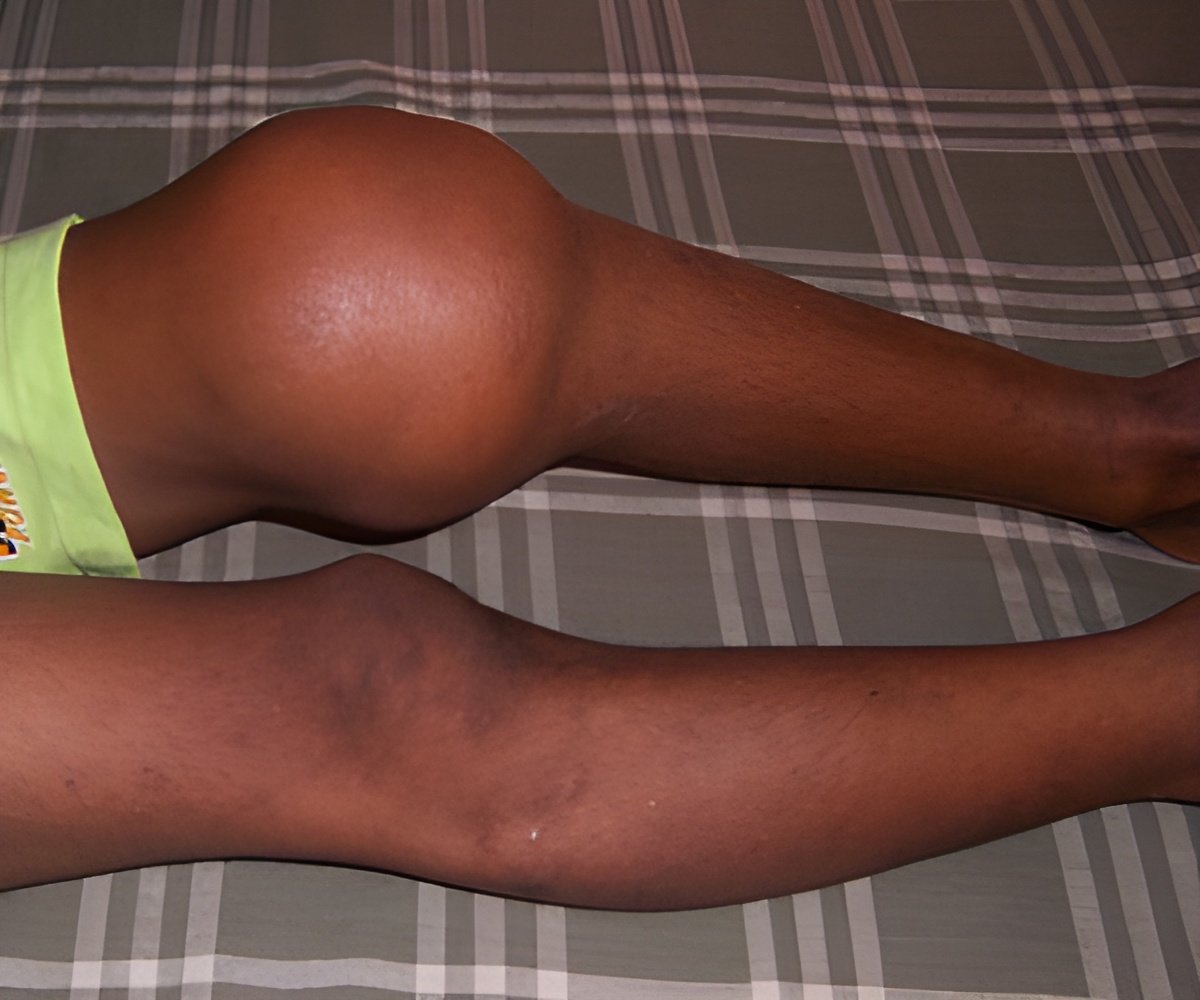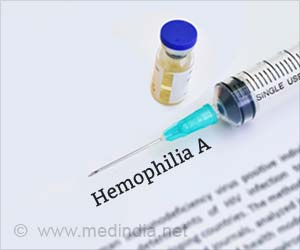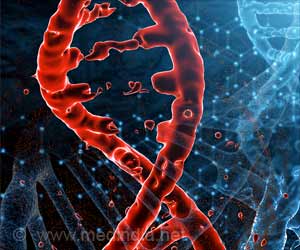Hemophilia patients bleeding rate is decreased with the newly developed protein emicizumab, find a new study.

‘Haemophilia, a genetic blood disorder impairs the body's ability to make blood clots. Newly found protein emicizumab can help reduce the bleeding episodes in adults and children with hemophilia.’





Many bleeds can be life-threatening, organ-threatening or fatal. Haemophilia affects only males because it is an X-linked condition, i.e., males have one X chromosome, whereas females are obligate carriers as they have two X-chromosomes.Haemophilia impairs the body's ability to make blood clots, the process needed to stop bleeding. Hemophiliacs are born missing a protein called clotting factor and people who lack clotting factor VIII (FVIII) have hemophilia A.
To treat hemophilia A, the missing clotting factor VIII must be replaced. The replacement therapy is given prophylactically [as a preventative measure] to prevent spontaneous bleeds. However, there are two challenges:
i) FVIII replacement is done intravenously and many patients - especially children - have difficulty accessing veins
ii) The FVIII may elicit an immune response in which antibodies are formed towards the replacement FVIII, thus rendering the replacement useless and incapable of stopping the bleeding.
Advertisement
The injections were administered weekly in one group, every second week in another group and then the patients' number of bleeds measured when compared to those not receiving emicizumab.
Advertisement
Mahlangu is also head of the School of Pathology in the Faculty of Health Sciences at the University of the Witwatersrand, Johannesburg in South Africa, and head of the Haematology Diagnostic Section in the Department of Molecular Medicine and Haematology at the University.
Furthermore, 56% of patients receiving weekly emicizumab and 60% of those receiving fortnightly emicizumab did not experience any bleeding events while receiving emicizumab. For patients already on prophylaxis, there was 68% reduction in bleed rate on emicizumab when compared to the normal FVIII prophylaxis.
"Hemlibra [the trade name of emicizumab] is a prescription medicine used to prevent or reduce the frequency of bleeding episodes in adults and children with hemophilia A with factor VIII inhibitors.
In the HAVEN 3 study, Hemlibra showed a significant and clinically meaningful reduction in bleeds in people with hemophilia A without factor VIII inhibitors, while offering flexible subcutaneous dosing options," says Mahlangu.
Source-Eurekalert










